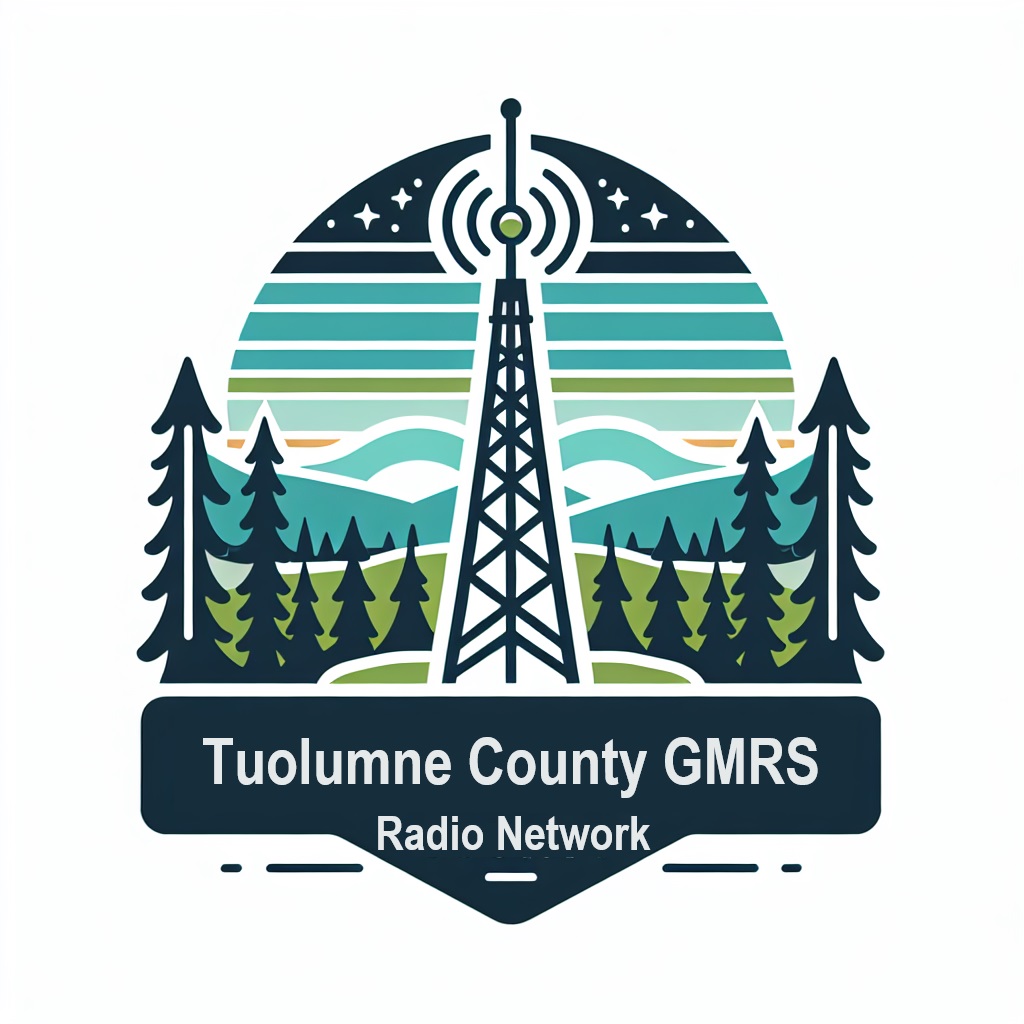Do you break out in a cold sweat at the thought of speaking on the radio? Don’t worry, you’re not alone. Mike fright is a common fear that many people face, but with the right strategies, you can conquer your nerves and excel in radio communication. Lets take a closer look at tips and tricks to help you overcome mike fright and master radio communication with confidence.
Overcoming Mike Fright: A Guide to Mastering Radio Communication 
One of the best ways to overcome mike fright is to be well-prepared. Take the time to research the radio group and the met control station, as well as what a net and roll call is. Knowing what to expect can help calm your nerves and boost your confidence. Practice speaking out loud, either in front of a mirror or with a friend, to help you feel more comfortable with your own voice.
Visualization techniques can also be helpful in conquering mike fright. Before the net starts, take a few moments to visualize yourself speaking confidently and articulately on the radio. Imagine the net going smoothly and focus on positive outcomes. This mental exercise can help alleviate anxiety and boost your self-assurance when the time comes for you to go on the air.
Another effective way to overcome mike fright is to focus on your breathing. Deep breathing exercises can help calm your nerves and center your mind. Practice taking slow, deep breaths before and during the radio traffic to help you stay relaxed and focused. Remember that it’s okay to take a moment to collect your thoughts before pressing the PTT (push to talk) and answering a question – pausing to take a deep breath can help you gather your thoughts and deliver a more composed response.
Tips and Tricks for Success in Radio Communication
One key tip for success in radio communication is to speak clearly and confidently. Enunciate your words and project your voice to ensure that you are easily understood by listeners. Remember to speak at a moderate pace and avoid rushing through your transmistion. Take your time to articulate your thoughts clearly and concisely.
Active listening is another important skill to master in radio comms. Pay attention to the net controls questions and respond thoughtfully. Engage in the conversation by asking follow-up questions or sharing relevant anecdotes. Being an active participant in a net can help you establish a connection with your group and create a memorable experience for listeners.
Lastly, don’t be afraid to showcase your personality in radio nets. Be authentic and genuine in your responses, and let your passion and enthusiasm shine through. Remember that the group is tuning in to hear what you have to say, so be yourself and let your unique voice be heard. Embrace the opportunity to share your expertise and insights with listeners, and trust in your abilities to deliver a successful radio experience.
To summarize, overcoming mike fright and mastering radio communications is a journey that requires practice, preparation, and confidence. By following these tips and tricks, you can conquer your nerves and shine in the spotlight. Remember to stay calm, breathe deeply, and be yourself – you have a unique perspective to share with the radio community. Embrace the challenge of radio communication and let your voice be heard with confidence and poise.


